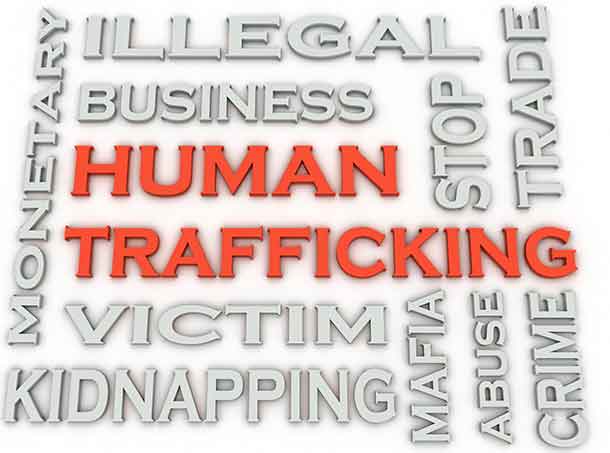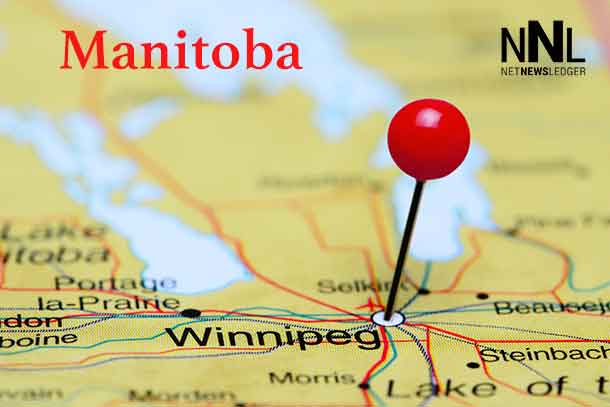From girls forced to wed to boys made to cook and clean, militants are using trafficking as a tool to boost their control, the UN said
By Kieran Guilbert
LONDON (Thomson Reuters Foundation) – Human trafficking is becoming more “horrific” in conflict zones, where armed groups keep women as sex slaves and use child soldiers to spread fear, the United Nations said on Monday, warning of widespread impunity.
From girls forced to wed to boys made to cook and clean, militants are using trafficking as a tool to boost their control in areas where the rule of law is weak, the United Nations Office on Drugs and Crime (UNODC) said in a report.
The use of children as soldiers and suicide bombers in nations such as Colombia and Nigeria, and the sexual enslavement of Yazidi women by Islamic State in Iraq and Syria, have grabbed headlines and sparked global anger in recent years.
Yet police and prosecutors are often not equipped to deal with the recruitment and exploitation of children by extremist groups – while global convictions of traffickers remain very low – according to the UNODC’s annual report on human trafficking.
“Trafficking is found in connection with most armed conflicts,” said Yury Fedotov, executive director of the UNODC. “In situations characterized by violence, brutality and coercion, traffickers can operate with even greater impunity.”
“Child soldiers, forced labour, sexual slavery – human trafficking has taken on horrific dimensions as armed groups and terrorists use it to spread fear and gain victims to offer as incentives to recruit new fighters,” he said in a statement.
Fedotov said the award of the 2018 Nobel Peace Prize to Nadia Murad – a former Islamic State sex slave turned Yazidi activist and U.N. ambassador – was an “important recognition” and urged the world to stop the use of rape as a weapon of war.
The UNODC’s report said that while countries are finding more victims – mostly women trafficked for sex – and convicting more traffickers, the total number of convictions remained very low in many nations – especially in Africa and the Middle East.
“In some countries … there appears to be hardly any risk for traffickers to face justice,” the report said.
About 40 million people worldwide are living as slaves – trapped in forced labour or forced marriages – according to a landmark estimate by Australian rights group the Walk Free Foundation and the U.N. International Labour Organization (ILO).
Yet campaigners say more and better data is needed to track progress in pursuit of a U.N. target of ending modern slavery and human trafficking by 2030 as many victims around the world – including child soldiers – are going uncounted.
“Sound information and a solid base of evidence for our policies are two of the most important things to fight this disgusting crime in the most efficient way possible,” Karin Kneissl, Austria’s foreign minister, said at the report launch.
“We simply need to know what it actually is we are dealing with,” she added.
Reporting by Kieran Guilbert, Editing by Claire Cozens. Credit the Thomson Reuters Foundation







